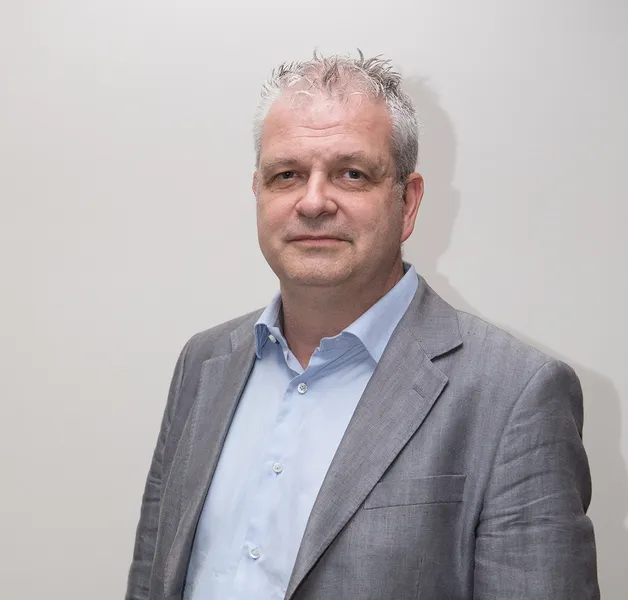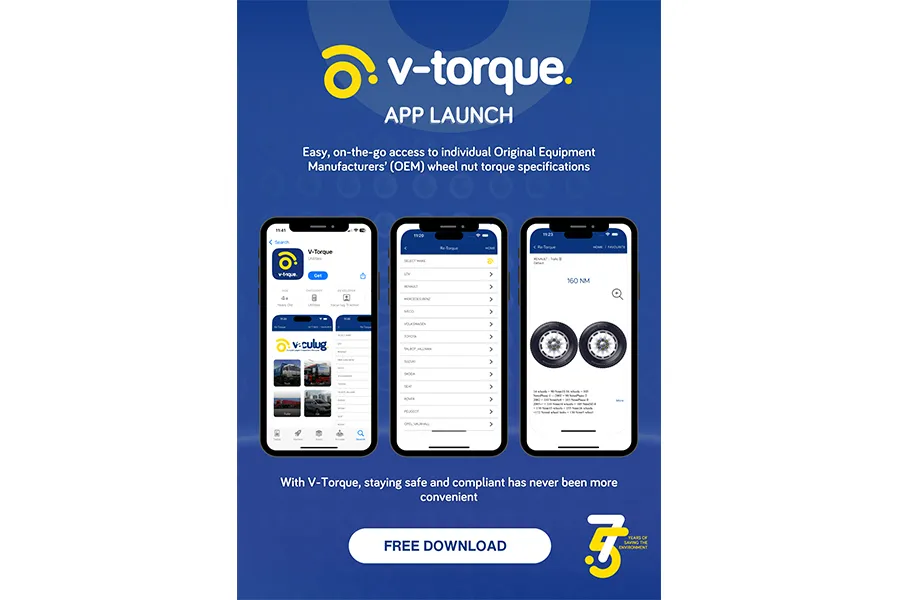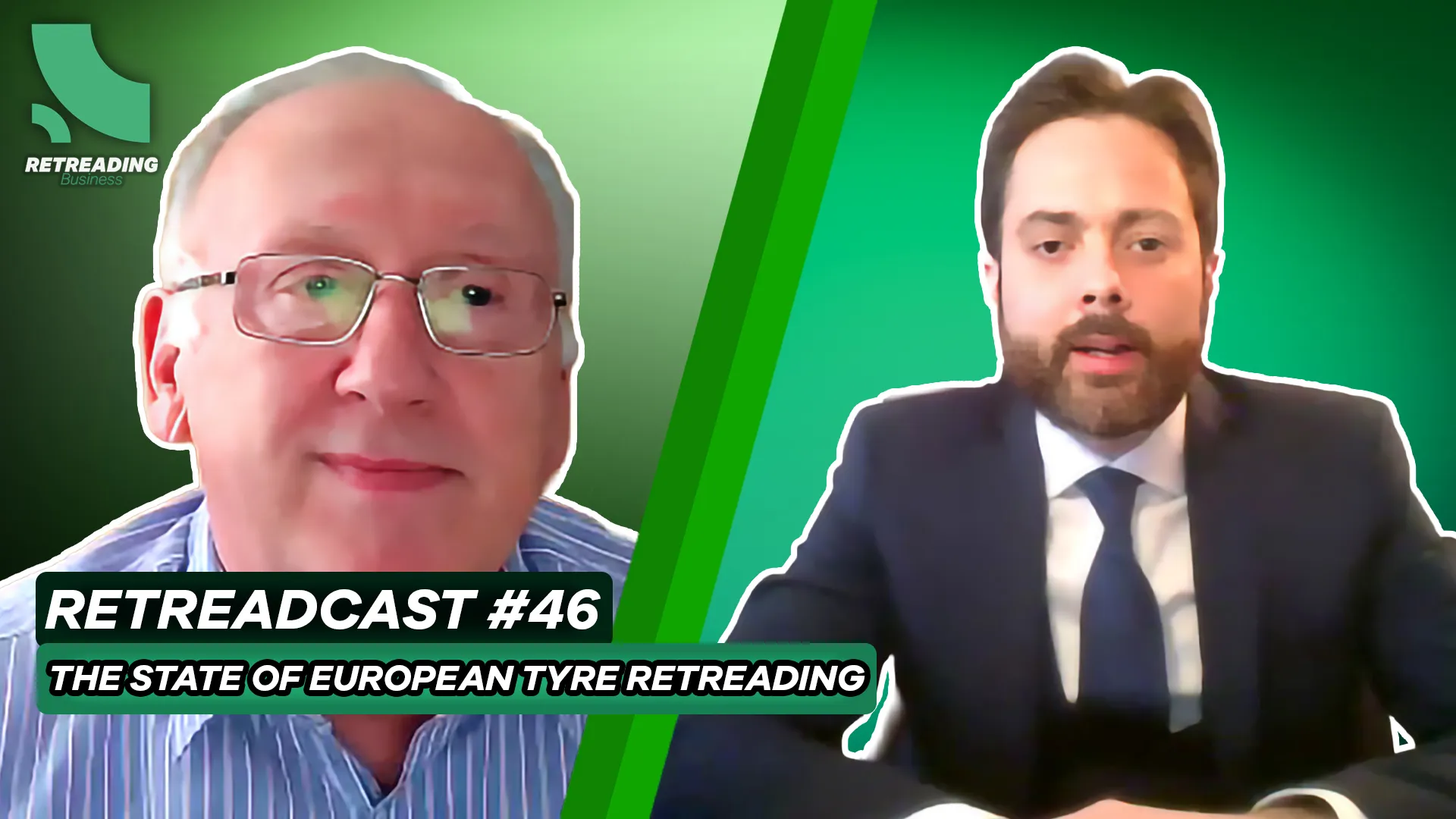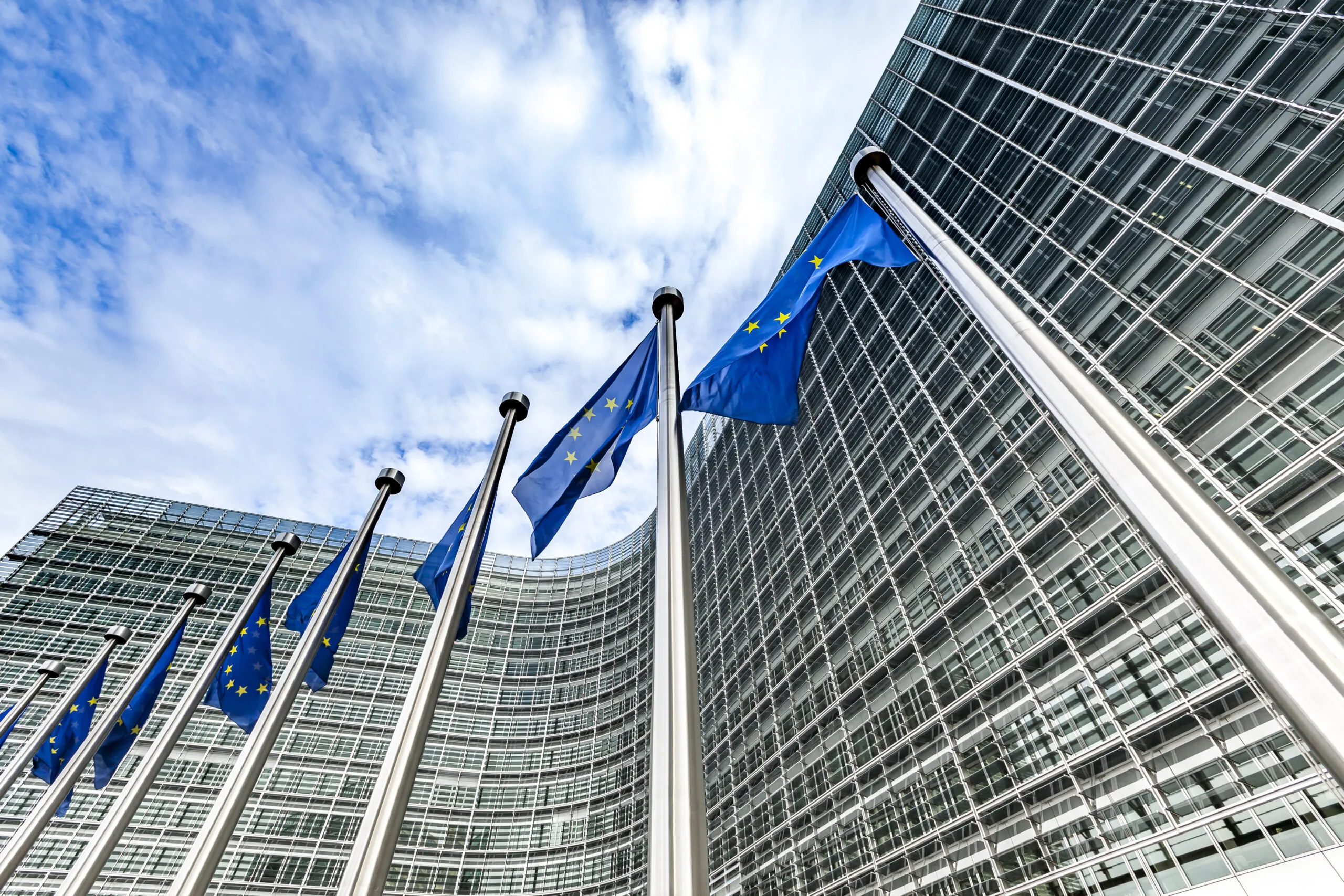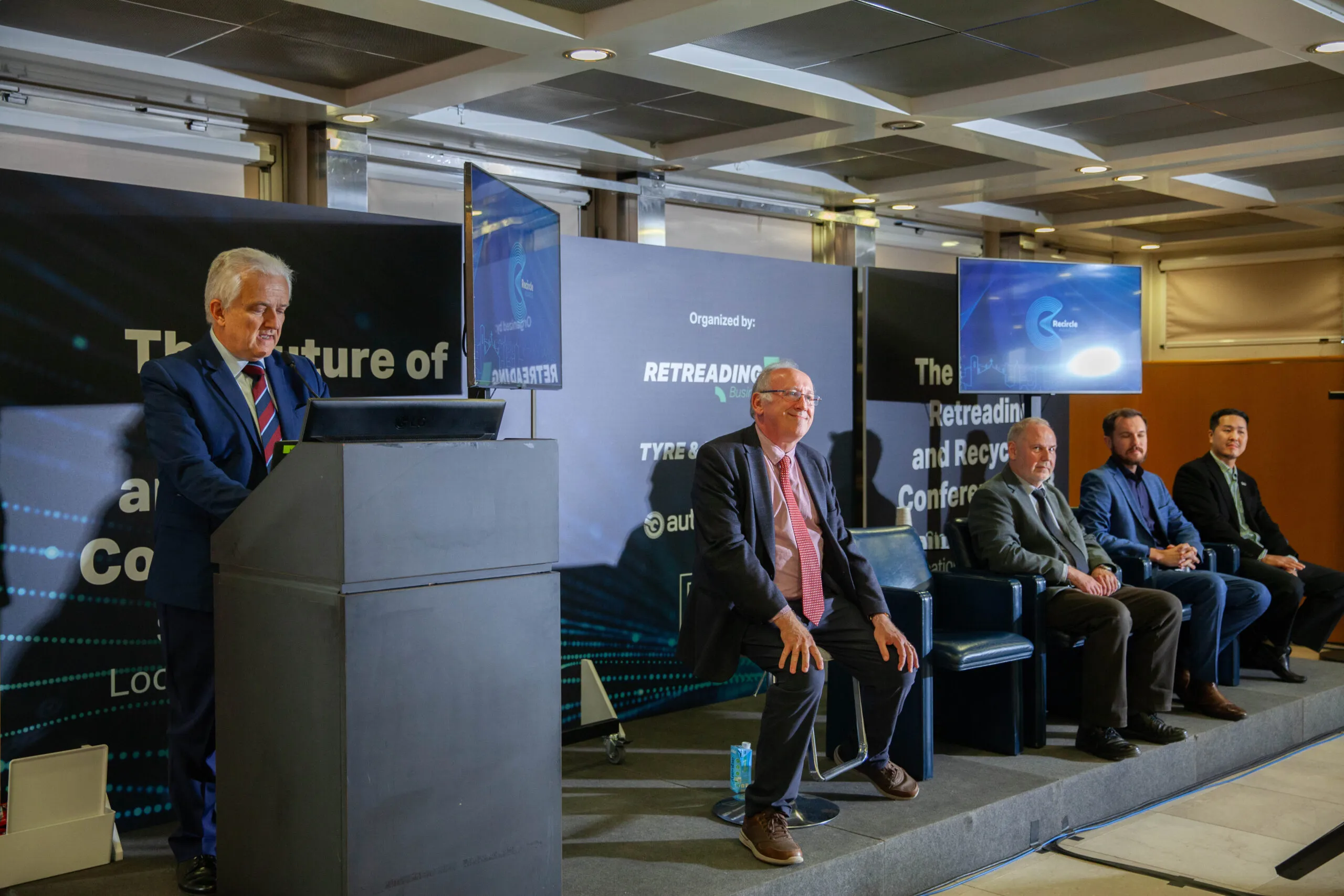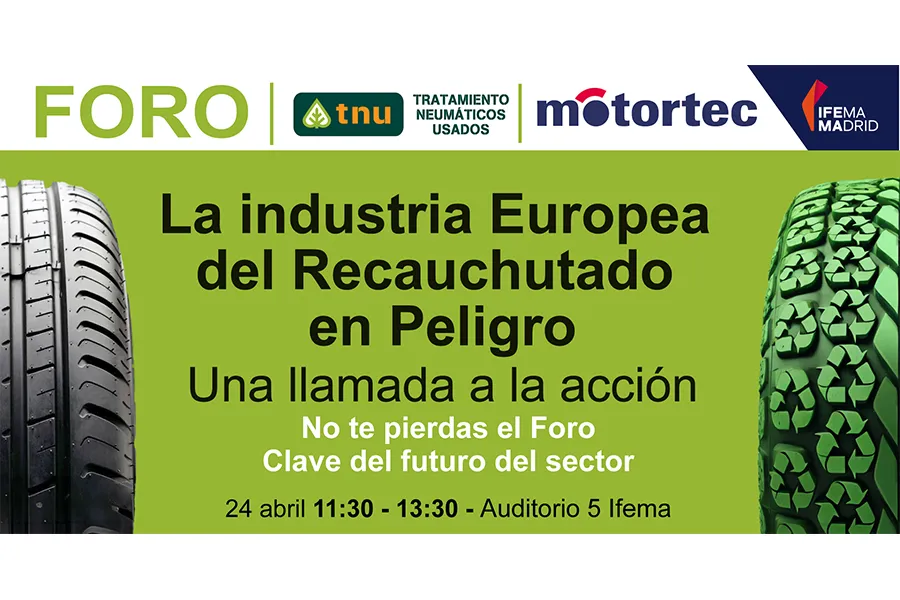Meeting every transport need with the highest quality and looking at customer assistance as an added business value, has always been Kraiburg’s philosophy. Most recently the company has shown a growing attention towards hot retreading methods, and so Guido Gambassi, the editor of the Italian tyre magazine Pneurama, interviewed Holger Düx, the company’s Retreading Materials Sales Manager, to get a more detailed insight into the company’s current approach to the market.
Kraiburg Outline Latest Market Approach Strategy
Kraiburg, founded in 1947 in Germany, represents a holding company that includes numerous other companies active in several rubber related sectors, and while managing to preserve its nature as a family business, the company has grown into a 2,000 employee industrial group with an annual turnover of 550 million euro. In 1965 the production of retreading compounds, the company’s original activity, was moved to Geretsberg, near Salzburg, creating Kraiburg Austria, still a major supplier for retreaders and producers all over Europe. Holger Düx, Kraiburg‘s retreading materials sales manager, told us more about the company and expected developments: “Our Austrian factory employs 330 workers and has a turnover of 68 million euro, which, we believe, could be further increase in the future; here we produce compounds and materials for hot and cold retreads alike, as well as other materials for the retreading business, for example cushion gums, but also new tyre compounds: an important sector for us, in which we have been engaged for years alongside several market leaders”.
How is Kraiburg’s retreading offer organised?
“For hot retreading processes we produce numerous compounds for all kinds of applications, trucks, cars, 4×4, earthmovers, and other special applications such as go-karts. As far as cold retreading is concerned our offer is based on three basic types of compounds: the K_base, for use on road/construction sites, suburban and regional traffic; the K_tech line, dedicated to trailer tyres, which boasts the largest amount of natural rubber; and finally the K_plus compound, our premium product, for all trucks and buses boasting impressive grip and outstanding mileage in long-distance, suburban or regional traffic. All three lines are colour-coded and therefore easily recognizable, the K_base with blue markings on the tread, green for the K_tech and yellow for the K_plus. Kraiburg pre-cured tread strips cover all applications: regional traffic, construction sites, public, urban and long-distance transport, special and mixed use, forklifts and special vehicles. This is the philosophy behind our offer: for every application, for every need, we have the perfect compound/tread pattern combination. In addition, we offer a very qualified technical service, which consists of regular checks, tests and supervision of the curing temperatures for our customers, and then, on demand, when the customer has a problem either in the process or in the product we will be there in no time to solve it”.
Have you introduced anything new lately?
“We have recently launched three new products on the market: K702, K718 and K818; all products with specific characteristics, but united by comfort and reduced rolling resistance to guarantee fuel savings and low CO2 emissions. Like all our products they have a premium positioning on the European market – and it could not be otherwise, as this is our history and our philosophy. Even these last three tread designs have 3PMSF markings, we have always been very strong on winter patterns, and our offer has significantly grown in recent months reaching 35 approved designs”.
What can you tell us about Kraiburg’s presence on International markets?
“We are present in all European countries, where we sell between 90-95% of our products, but also in a few Middle Eastern countries as well as more distant markets. Our most important market is Germany, but our second market is Italy, which is very important for us, and where we work shoulder to shoulder with all major retreaders currently followed by our sales team: Luisa De Peron for Northern Italy and Fabio Bassan for the Centre-South regions. We are also strong on the British market, we are doing well in Poland and on the Scandinavian markets, and even in some Eastern European countries. We are active also in France, but here the local “Master of the house” has an 80% market share, but this still leaves enough spaces for us. Last year, we have invested also in the Spanish market, which had been neglected in the past, with the intention of bringing it back to the levels it once had.”
From your point of view, how is the retreading market evolving, and which way is Kraiburg going?
“In Europe hot retreading methods are gaining ground: cold retreads have been particularly suffering from Chinese competition, mostly because hot retreads have a better image and market positioning, while cold retreads are relegated to the same segments occupied by Chinese tyres, starting from quarries and construction sites. If we talk about hot cure products, we talk about high quality retreading, or premium, able to compete with new first and second brand tyres. Of course, we will not let off developing new cold retread designs, but we are focusing mainly on hot curing processes, helping our biggest customers who have, so far, being engaged in cold retreads only, to enter this segment too. We are convinced that thanks to the high quality of our hot retreads, they will be able to convince a growing number of new customers to rely on retreads, despite their past preconceptions “.
What kind of support and assistance does Kraiburg offer its clients?
“First of all, we always study the customer’s needs, defining a tailor-made work process, optimising the plant’s efficiency, and helping them to plan new production lines. Additionally, our clients appreciate the fact that we are very active on the normative side, offering timely and precise assistance. On 3PMSF marking, for example, we were able to provide all the necessary documents to our customers as early as the beginning of 2018, helping them with the needed certifications. It is a strategy but also a requirement because, for example, in Germany 3PMSF markings are already mandatory, so we had to be prepared. In Italy it has been rather difficult to make it clear how important it is to comply with German laws: if a retreader’s customer travels to Germany he must be properly equipped or he might be fined or have his vehicle stopped. As for the recent labelling proposals, we have already done all the necessary tests so, once implemented, we will be ready to support our customers. We have a strong synergy with the European institutions and associations, and we played our part in recent anti-dumping investigation providing all the necessary data.”
Speaking of anti-dumping measures, do you believe excise duties on low-cost imports will bring the retreading industry back to playing a central role in European mobility?
“This is what we hope, but even if these duties are confirmed*, we must still not let down our guard. The turnaround on the market, however, is already tangible, especially in the United Kingdom – in Germany and Italy still not so much. We must take advantage of this situation to show those who have forgotten the value of retreaded tyres, that these are definitely a viable solution, if they are produced using modern methods, and demonstrate to those who have never used them, that they are an efficient alternative to the products they currently employ. However, this can only be done with persistence and quality, which is precisely what we are doing.”
* This interview was carried out prior to the recent confirmation of the imposition of anti-dumping and anti-subsidy tariffs.
Source: Pneurama

